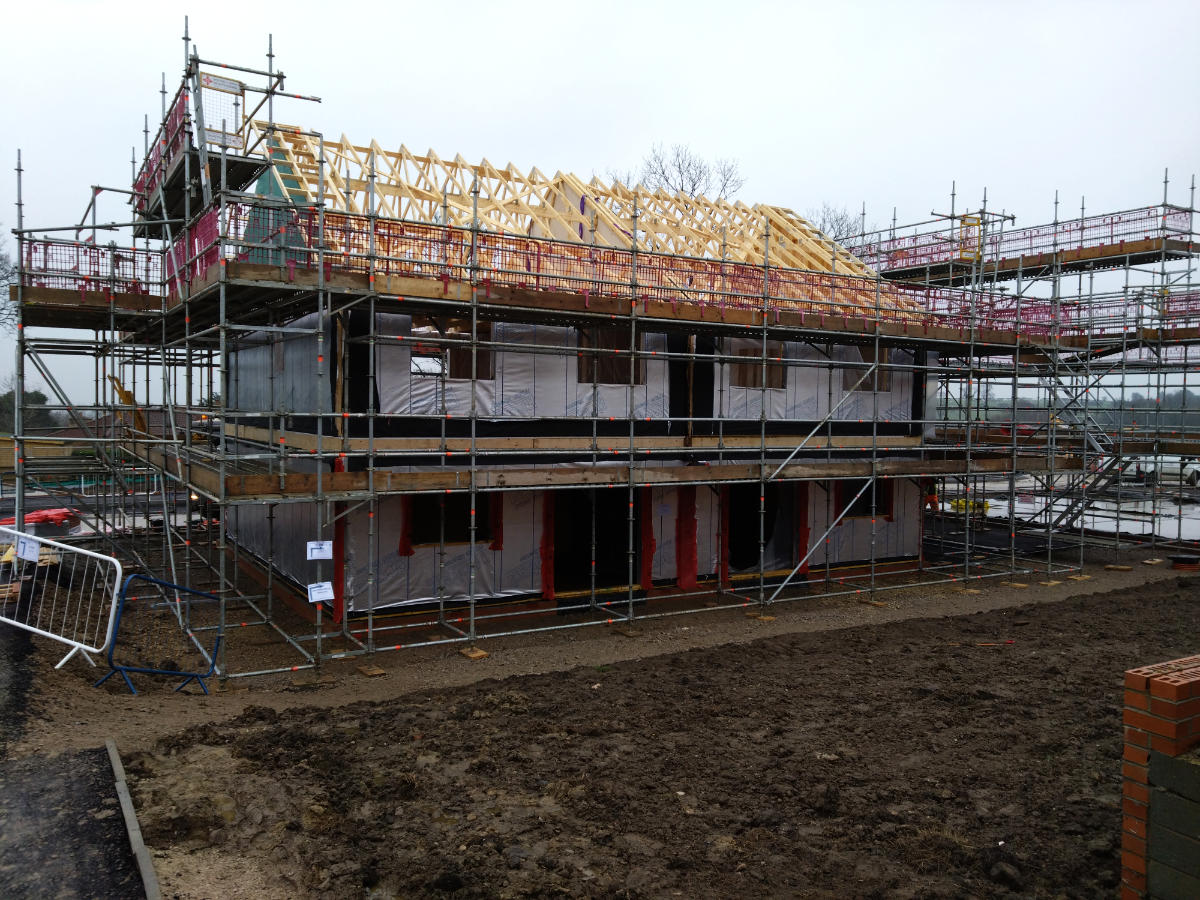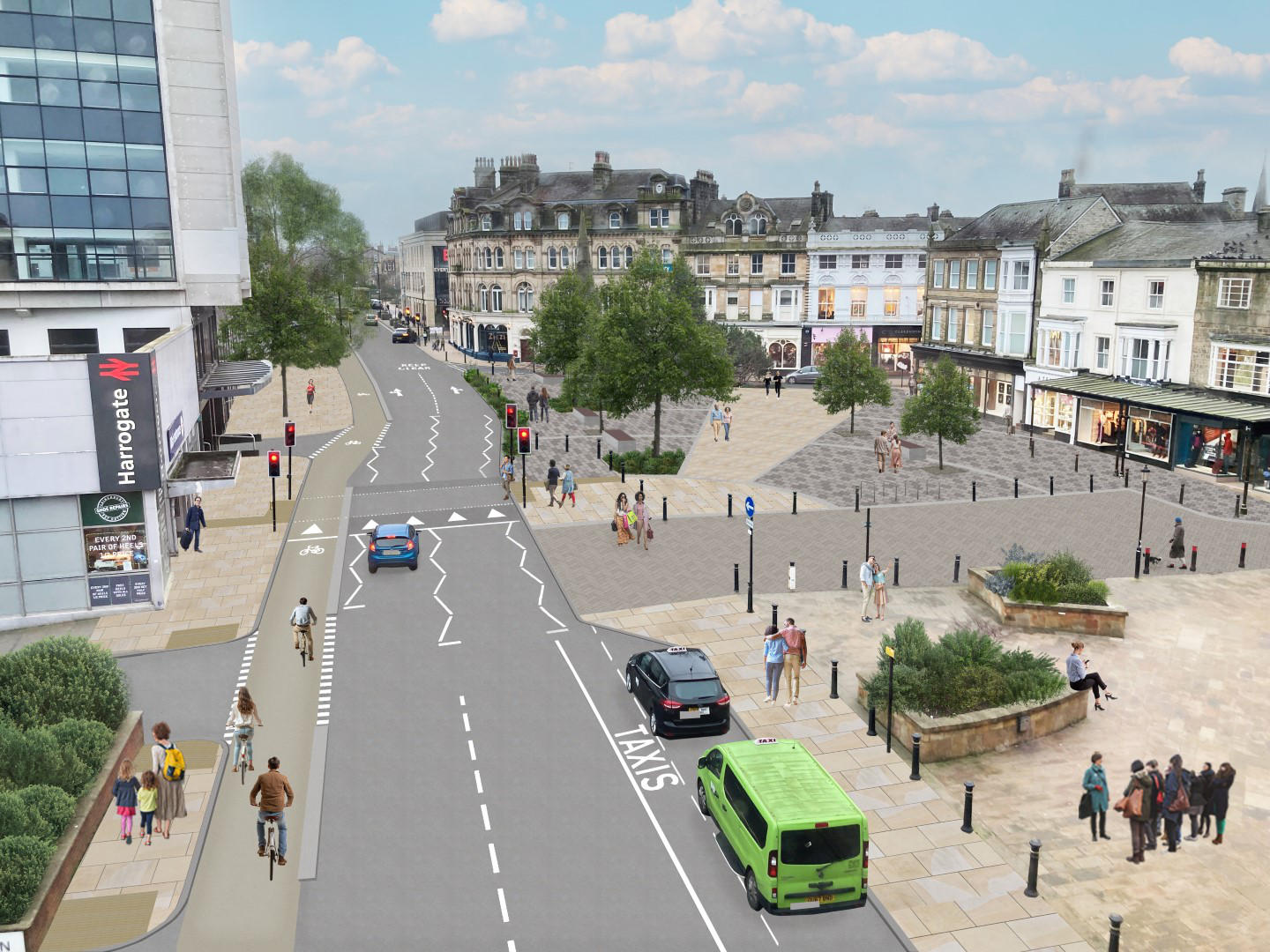If you’re having problems with the internet during the lockdown, it may be down to the services you’re using online, not your internet service provider.
Networks seem to be coping with the higher demands of them just now. Some companies, like Netflix, which offers a streamed service, have adjusted their services to ease the burden on the network.
Even so, some internet users have still gone online to report possible outages and other issues in Harrogate, Ripon, Leeds, Knaresborough, Shipley, Green Hammerton and Bardsey.
The lockdown is forcing more people to work from home, which is placing more demands on networks.
Those who aren’t working, meanwhile, may be trying to educate themselves online or home school their children, or even just trying to entertain them.
But any problems affecting broadband in your area may not be the fault of their internet service provider. Dan Howdle, an industry expert from internet comparison website Cable.co.uk commented, ‘A few years ago, most broadband providers had traffic management policies designed to restrict download speeds during peak times (evenings and weekends) so there was enough bandwidth (speed) for everyone. Traffic management is largely a thing of the past as networks have increased capacity over the years.
‘However, with much of the country spending more time at home in the wake of the coronavirus epidemic, this has increased the load on the networks and made slowed connections once again more likely.
To reduce the likelihood of people’s connections slowing down in busy locations at busy times, streaming providers such as Netflix, YouTube, Amazon and so on are lowering the quality of their streamed video. This is serving to pre-empt and curtail any bandwidth problems in place of the out and out traffic management restrictions of yesteryear.’
Dealing with slow internet
If you think your internet is operating a little slower than it should be, check the speed of your broadband using an online speed checker.
If it is, there are lots of different things you can do to speed up your internet.
- Avoid using WiFi where possible. Connect your devices to the internet using an ethernet cable.
- Check the location of your router. If it’s in amongst lots of items on a shelf or if the door in the room is closed, these items or the door may be blocking the signal. Free up some space for the router.
- If you’re planning to work in a quieter part of the house, check your internet speed before you do. The further away you are from the router, the weaker the signal may get.
- Download music or films to phones or tablets at night when everyone has gone to bed.
- Set up a schedule for using the internet, so that everyone in the household can do what they need to do online without causing themselves or anyone frustration.
If your broadband is habitually slower you might be thinking ‘Can I get better broadband in my area?’, in which case you can consider checking the different broadband deals out there using a comparison site.
You can consider upgrading your service or change your service provider. Note that this could take longer than usual because internet companies are prioritising the vulnerable just now.
Meanwhile, other parts of the UK, especially rural communities, may be experiencing difficulties on the internet.
According to Ofcom, around 189 000 properties receive download speeds of just 10 Mbps. This can make Zoom calls challenging because the picture can become patchy or the audio may cut in and out.
Tough times for now, but there are ways to address slow internet during lockdown. The tips above will help you but remember your internet service provider may not be to blame.
In the meantime, stay safe and well.







